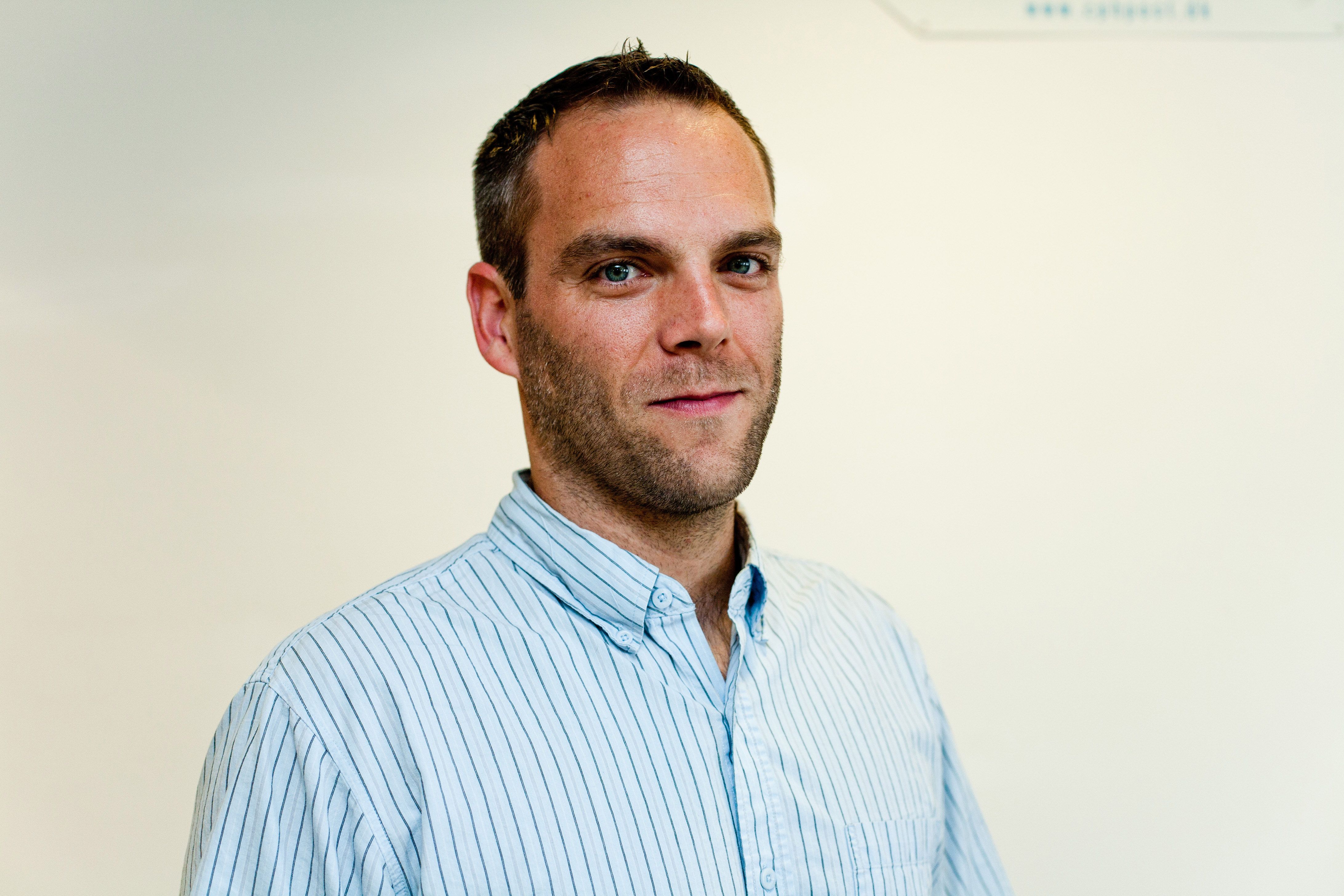Somewhat overlooked amid the political wrangling over the 2013 budget and the headline-stealing elimination of the fat and sugar levies, was the government’s promise to invest 10.5 million kroner over the next two years to improve the handling of family reunification cases at Udlændingestyrelsen (Immigration Service).
The money was part of a larger effort to give foreigners “a better reception when they come to Denmark”. Stating that “a good reception and integration effort has a critical effect on a good start and with it a successful integration into the Danish society,” the package sets out ways to improve the seemingly-always-contentious relationship between Denmark and the non-Danes who call it home.
Among them were promises to provide better personal guidance and quicker processing for individual family reunification applications.
The cynic within me would be quick to point out that targeting the family reunification area is probably a direct result of the brouhaha created when Ralf Christensen – a highly connected member of the Danish media – went public with the “degrading” and “inhumane” treatment he and his wife received when applying for her family reunification in his scathing ‘Tak til Udlændingestyrelsen’ opinion piece. But having already made the argument once before that his story only created waves precisely due to who he was, I will now opt to let it rest and just be glad that improvements are allegedly coming.
Specifically, the government is promising to extend the opening hours at Udlændingestyrelsen, increase staffing at peak times and bring down the processing time for family unification applications from seven to five months.
The budget agreement also makes passing reference to providing individual guidance, which struck me as somewhat ironic considering a recent letter I received from the Justice Ministry.
Some readers may recall that at the outset of the year I had my first bid to renew my temporary resident permit tripped up by a ridiculous clause in the housing requirement. To first obtain a permit allowing me into the country, we had to show a lease period of at least three years. When, less than two years later, I had to renew my permit, I needed to show that I had a three-year lease from the renewal date, despite still being under the terms of the original lease (you know, the one I had to make in order to get a permit in the first place).
Because it is completely illogical, and because we had received phone guidance incorrectly telling us that it wasn’t going to be an issue, my wife and I wrote a complaint.
Over ten months later, we finally received an answer. The Justice Ministry told us in part that in a March statement regarding our complaint, Udlændingestyrelsen declared that it “cannot via personal or over-the-phone inquiries … give a binding advance commitment as to how conditions of the extension of a resident permit are met, but can only give recommendations on the rules”. What that seems to mean, after being translated first from Danish to English and then from legalese to something understandable, is that if you call for assistance on something specifically related to your case, you’re not going to get it.
The Justice Ministry told us that it “finds that regrettable” and that it has “noted our opinions” on the fact that the lease conditions seem to defy the rules of time progression.
Oh, and that March statement from Udlændingestyrelsen that was referred to several times? Despite the letter saying it was “attached for our orientation”, it was nowhere to be found. One can only hope that some of that 10.5 million kroner goes to their paper and stamp budgets so that vital documents can be printed and included.
And, if I may, one final note about the budget deal. Despite all of their nutty talk about revolutions and incest, Enhedslisten (EL) still used the budget negotiations to burnish their credentials as the party most genuinely interested in improving the lives of foreigners. In successfully fighting to stave off proposed cuts to Danish language classes, EL’s public face, Johanne Schmidt-Nielsen, argued that “one needn’t be a professor of integration to see that it is precisely these Danish lessons that are essential for effective integration”.
One needn’t be a professor either to know that throwing a pile of money at a problem won’t make it go away. But while we were all busy with the fat tax, Christensen’s squeaky wheel got a little bit of grease, and for that the government deserves some credit.















